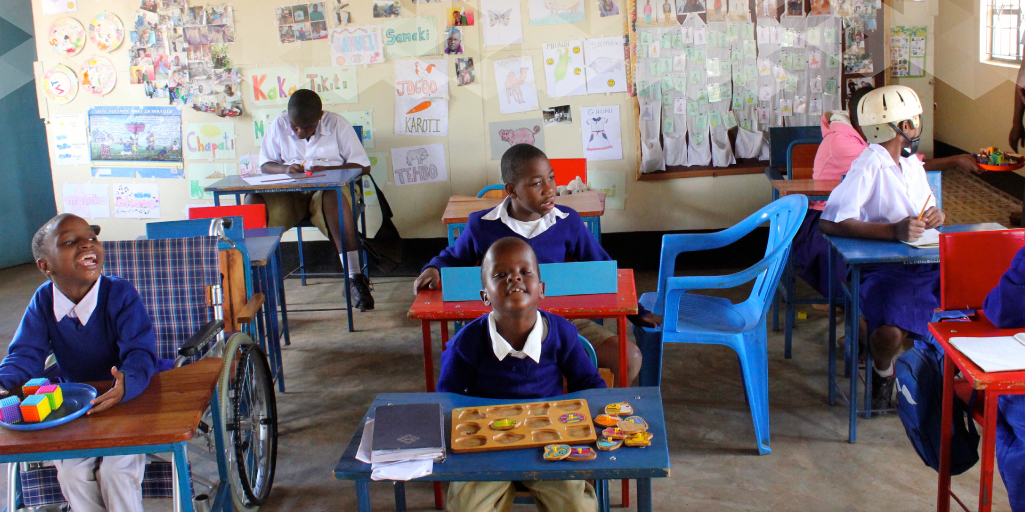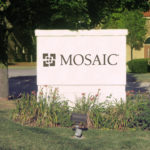International Conferences Indicate Global Momentum in Disability Rights Movement

This past month, Mosaic International staff attended three conferences on international development and disability rights.
It’s been both affirming and inspiring to see momentum in the disability rights movement and the increased understanding of the need for disability inclusion in broader humanitarian and development work.
At the Core Group’s Annual Global Health Practitioner Conference panelists and participants discussed the need for people with disabilities to be actively targeted and included in community assessments when developing health programs. Without intentional inclusion, people with disabilities do not get counted and thus their needs are not met. They continue to be excluded from public health efforts and their ability to participate in the community is diminished. We see this exact scenario happen over and over again in Tanzania.
The Interaction Forum brought together participants from 285 organizations and 16 countries to learn, share and collaborate on issues that Mosaic’s international program deals with on daily basis. How do we encourage local ownership of our partner projects? How can we better work with field staff to collect data and report to funders? How do we ensure that our programs are gender inclusive? As the international development community, how can we better support one another? We are all in this work together, doing the best we can to decrease people’s suffering and make the world a brighter place.
Kimber Bialik, Mosaic’s Carman International Fellow, attended Inclusion International’s World Congress in Birmingham, UK. Inclusion International is a global network of people with intellectual disabilities and their families that advocates for inclusive communities. She writes:
“The most prominent takeaway from the conference was the power of self-advocates to be the leaders in disability advocacy.
The conference was designed to empower the voices of people with intellectual disabilities, who were well represented on all panels and were facilitating skill-sharing sessions.
Everyone has the right to make their own decisions. I think there’s a lot to reflect on about accessibility in organizational culture and making space for people with intellectual disabilities in high-level decision making.”
Kimber plans to utilize her previous experience in these areas and resources gained from the conference to develop training for BCC staff, parents and participants so that all those in the program can access supported decision-making and live more meaningful lives.
Another theme that was evident across all events and conversations was the lack of awareness about intellectual disability specifically, which impedes the disability rights movement and inclusive development efforts.
There are many more programs and initiatives for children who are blind or deaf or have mobility challenges than there are for people with intellectual disabilities.
In other words, disability services are often provided in a manner that is inverse to the actual need. I can’t tell you how many times I have met someone in development work that hears about Mosaic’s work with people intellectual disabilities and responds: “Wow, that is a huge need in the communities where I work! And there isn’t anything at all right now.”


